BMW And Porsche In China: Market Headwinds And Strategic Adjustments

Table of Contents
Growing Competition and Market Saturation in the Chinese Luxury Car Segment
The Chinese luxury car market is no longer solely dominated by international brands. The rise of domestic competitors and evolving consumer preferences are creating a fiercely competitive environment.
Rise of Domestic Chinese Brands
Chinese luxury car brands, such as Nio, Xpeng, and Li Auto, are rapidly gaining market share. These brands leverage advanced technology, attractive pricing strategies, and strong government support to challenge established players like BMW and Porsche.
- Technological Advantage: Chinese brands often boast cutting-edge features like advanced driver-assistance systems (ADAS) and sophisticated infotainment systems, often at a more competitive price point.
- Competitive Pricing: Domestic brands frequently offer competitive pricing, making luxury vehicles more accessible to a broader range of Chinese consumers.
- Government Support: Government initiatives promoting electric vehicles and domestic industries provide a significant boost to Chinese brands.
Specific models like the Nio ET7 and Xpeng P7 directly compete with BMW's iX and Porsche's Taycan, highlighting the intensifying competition in the electric vehicle (EV) segment.
Shifting Consumer Preferences
Chinese consumer preferences are evolving at a rapid pace. The demand for electric vehicles is surging, driven by government policies encouraging EV adoption and increasing environmental awareness. Furthermore, there's a growing preference for SUVs and vehicles equipped with advanced technological features.
- Electric Vehicle Surge: Sales of EVs are exponentially increasing in China, forcing traditional automakers to rapidly electrify their offerings to remain competitive.
- SUV Dominance: The popularity of SUVs continues to grow, demanding a robust SUV portfolio from brands like BMW and Porsche to remain relevant.
- Tech-Savvy Consumers: Chinese consumers are highly tech-savvy and expect advanced features like large touchscreens, digital cockpits, and seamless connectivity.
This shift necessitates substantial investment in EVs and technological innovation for BMW and Porsche to retain their market position.
Economic Slowdown and Geopolitical Factors Affecting Sales
The Chinese economy's recent slowdown and geopolitical uncertainties pose further challenges for BMW and Porsche.
Impact of Economic Slowdown
China's economic slowdown directly impacts luxury car sales. Consumer confidence and purchasing power decrease during economic downturns, affecting demand for high-value goods like luxury vehicles.
- Reduced Consumer Spending: Economic uncertainty leads to decreased consumer spending on discretionary items like luxury cars.
- Inflationary Pressures: Rising inflation further erodes purchasing power, impacting sales volume.
- Interest Rate Hikes: Higher interest rates increase borrowing costs, making luxury car financing less attractive.
Analyzing the correlation between GDP growth and luxury car sales in China reveals a clear link between economic prosperity and consumer demand for premium vehicles.
Geopolitical Tensions and Trade Relations
Geopolitical tensions and fluctuations in trade relations between China and other countries can disrupt supply chains and negatively impact the availability and pricing of imported vehicles.
- Supply Chain Disruptions: Trade disputes or sanctions can lead to supply chain bottlenecks, affecting the timely delivery of parts and vehicles.
- Import Tariffs and Taxes: Changes in import tariffs and taxes can significantly increase the cost of imported vehicles.
- Political Risks: Unpredictable geopolitical events can negatively influence consumer confidence and investor sentiment.
These factors underscore the importance of robust supply chain management and risk mitigation strategies for BMW and Porsche in China.
Strategic Adjustments by BMW and Porsche: Adapting to the Chinese Market
To overcome these headwinds, BMW and Porsche are implementing various strategic adjustments.
Investments in Electric Vehicles and New Technologies
Both brands are investing heavily in electric vehicle production and development within China. They are also integrating advanced technologies to enhance their offerings' appeal.
- Local EV Production: BMW and Porsche are establishing or expanding their EV production facilities in China to reduce dependence on imports and cater to local demand.
- Technological Integration: They are incorporating features like autonomous driving capabilities, advanced connectivity features, and innovative infotainment systems.
- Dedicated EV Models: BMW and Porsche are launching dedicated EV models designed specifically to appeal to the Chinese market.
These investments demonstrate a commitment to competing effectively in the burgeoning Chinese EV market.
Localization Strategies and Marketing Campaigns
BMW and Porsche are adopting localization strategies to resonate better with Chinese consumers. They are tailoring their marketing campaigns to reflect local preferences and cultural nuances.
- Tailored Marketing: BMW and Porsche are adapting their marketing messages and campaigns to specifically appeal to the Chinese market's unique preferences.
- Local Partnerships: Collaboration with local businesses and influencers helps increase brand visibility and establish stronger connections with Chinese consumers.
- Design Modifications: Minor design adjustments can be made to better suit the tastes of Chinese consumers.
These initiatives highlight the importance of understanding and adapting to the nuances of the Chinese market for success.
Conclusion: The Future of BMW and Porsche in the Dynamic Chinese Market
BMW and Porsche face significant challenges in the dynamic Chinese market, including intensifying competition from domestic brands, evolving consumer preferences, and macroeconomic uncertainties. However, their strategic adjustments focusing on EV investment, technological innovation, and localization efforts suggest a commitment to long-term success. The future of BMW and Porsche in China hinges on their ability to continuously adapt to the changing market landscape and maintain a strong connection with Chinese consumers. To stay informed about the latest developments in this ever-evolving market, continue researching the shifting dynamics of BMW and Porsche in China and explore resources like industry publications and market analysis reports. The luxury automotive landscape in China is dynamic, and staying informed is crucial for understanding the future of these iconic brands.

Featured Posts
-
 Heads Of State Honor Pope Francis At Solemn Funeral Service
Apr 28, 2025
Heads Of State Honor Pope Francis At Solemn Funeral Service
Apr 28, 2025 -
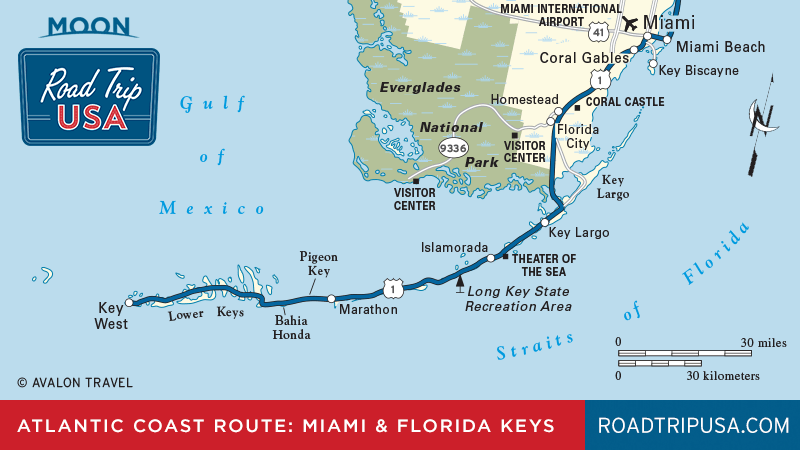 From Railroad To Overwater Highway A Florida Keys Road Trip
Apr 28, 2025
From Railroad To Overwater Highway A Florida Keys Road Trip
Apr 28, 2025 -
 Ryujinx Emulator Project Ends After Reported Nintendo Contact
Apr 28, 2025
Ryujinx Emulator Project Ends After Reported Nintendo Contact
Apr 28, 2025 -
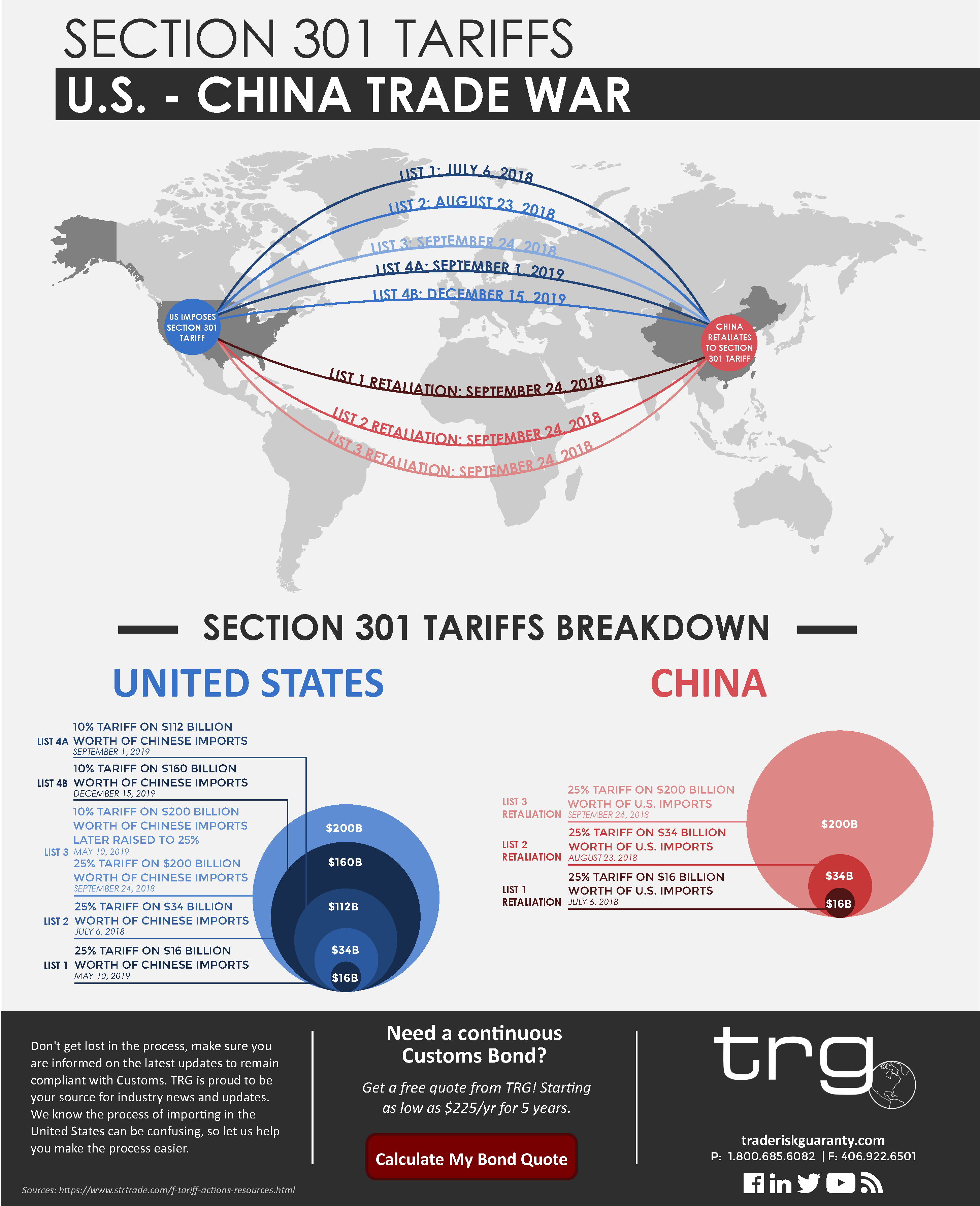 Us China Trade Partial Tariff Relief For American Goods
Apr 28, 2025
Us China Trade Partial Tariff Relief For American Goods
Apr 28, 2025 -
 Open Ai Facing Ftc Probe Understanding The Concerns
Apr 28, 2025
Open Ai Facing Ftc Probe Understanding The Concerns
Apr 28, 2025
Latest Posts
-
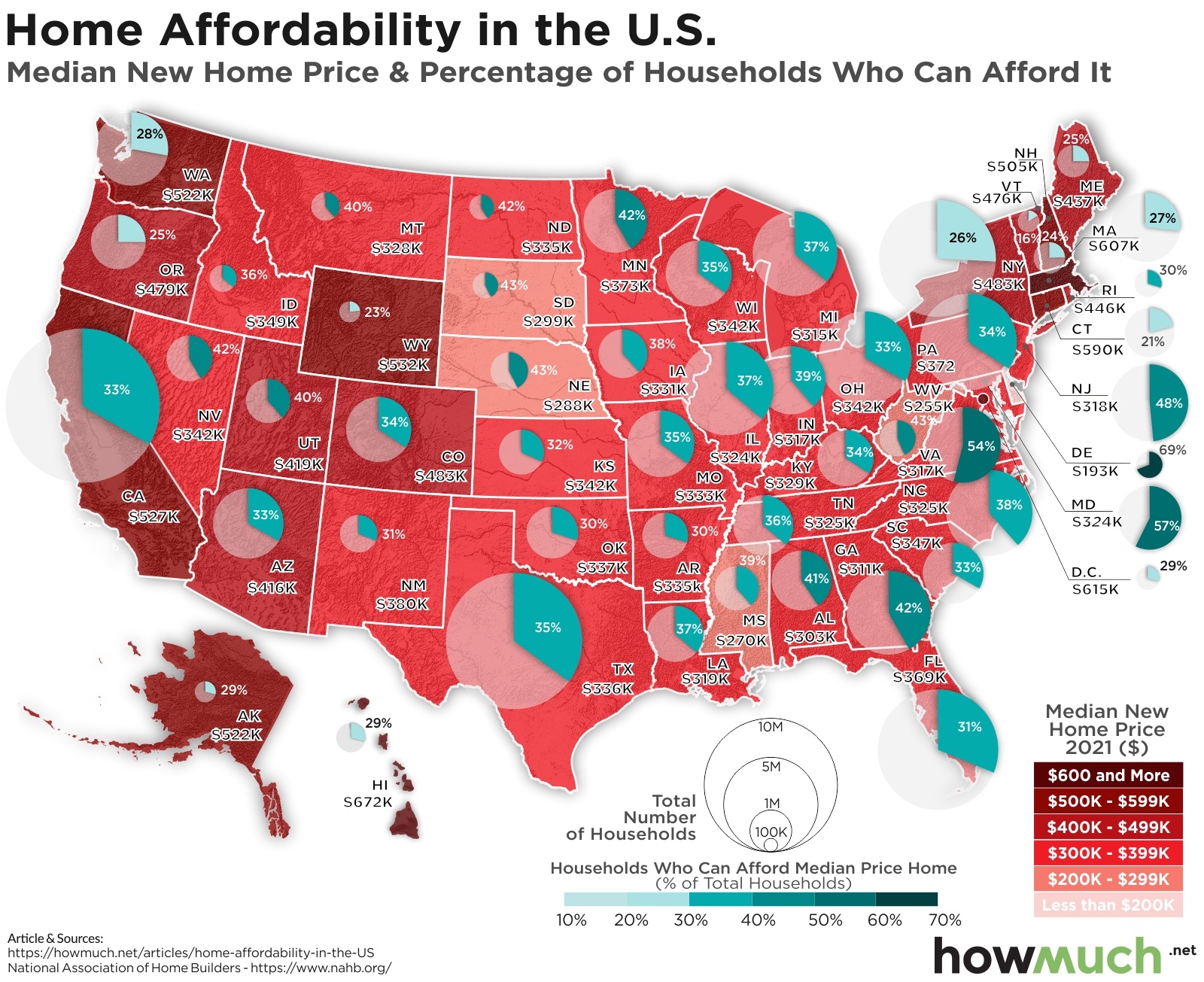 Vancouver Housing Market Slower Rent Increases Persistent High Costs
Apr 28, 2025
Vancouver Housing Market Slower Rent Increases Persistent High Costs
Apr 28, 2025 -
 Rent Increase Slowdown Metro Vancouver Housing Market Update
Apr 28, 2025
Rent Increase Slowdown Metro Vancouver Housing Market Update
Apr 28, 2025 -
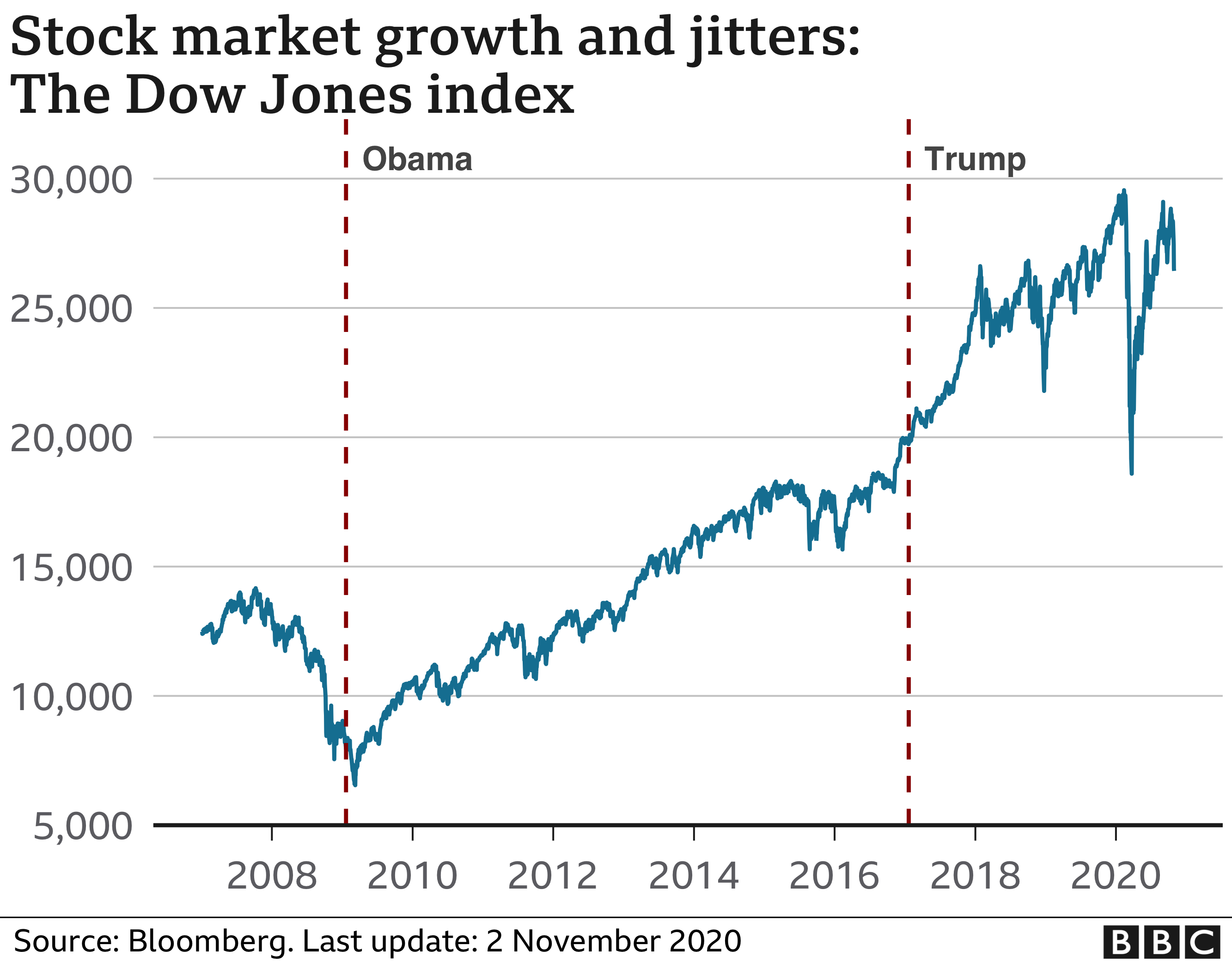 Assessing The Damage The Us Economy Under Pressure From A Canadian Travel Boycott
Apr 28, 2025
Assessing The Damage The Us Economy Under Pressure From A Canadian Travel Boycott
Apr 28, 2025 -
 Canadian Travel Boycott A Fed Snapshot Reveals Economic Repercussions
Apr 28, 2025
Canadian Travel Boycott A Fed Snapshot Reveals Economic Repercussions
Apr 28, 2025 -
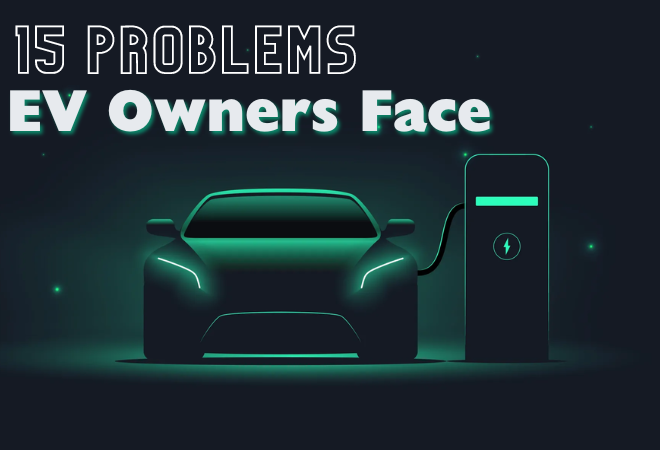 Car Dealers Double Down On Opposition To Ev Requirements
Apr 28, 2025
Car Dealers Double Down On Opposition To Ev Requirements
Apr 28, 2025
